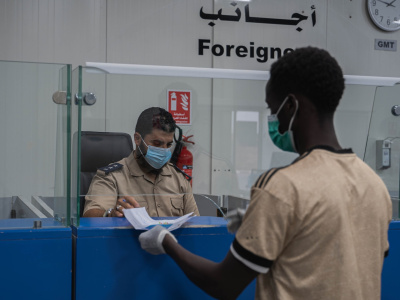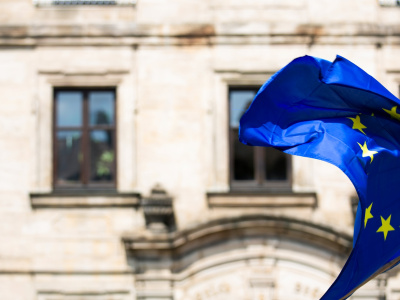
8th Summit of the African Union (AU): Future of the AU and consequences for the Africa-European relations?
This editorial aims at giving an overview of the main decisions taken during the African Union Summit on the 30th and 31st of January 2007, especially as far as the institutional future of the African Union and its relations with the European Union are concerned.
A Summit with great visibility
The Summit gathered 43 African Heads of State – the absence of some being caused by the visit to Africa of Chinese President Hu Jintao – and Foreign Affairs Ministers and has mobilised the whole international community and the press. Three hundred ninety five journalists were credited for the Summit, a figure well above the previous ones. It is clear that nowadays, holding an African Union Summit is considered as a major event, closely followed by the civil society and by all the partners of the African Union (AU). Civil society, which had not been invited by the Commission of the AU to the preparatory meeting, as it is normally the case, was present in full. Several meetings have been organised during the Summit and representatives of civil society had the occasion to express their points of view. The new Secretary General of the UN, Ban Ki-Moon, wanted to be present, just a month after his nomination. He declared that Darfur is a priority and strongly stressed his determination to work with the AU. Further, it was possible to finalise the Summit the modalities for the implementation of a hybrid AU/UN peace force in Darfur.
A Summit of transition which also showed the rising maturity of the African Union
The approaching departure from office of President Konaré, the uncertainties surrounding next presidency and the elections of future commissioners at the next Summit in July all cast a shadow of doubt over the whole Summit, regarding the fate of the Commission and of the AU. President Konaré, which was invited by some Heads of State to extend his mandate, confirmed his “maturely pondered” decision not to represent his candidacy. At this stage, no name has been officially put forward for the succession of President Konaré. The consultations are about to start and candidacies must be presented by the end of March. The upcoming period will be filled with intense consultations between
Heads of State and Ministers, who will meet on three occasions: in Alger for NEPAD, in Pretoria for a workshop on the Union, and in Accra for the next African Union Summit.


